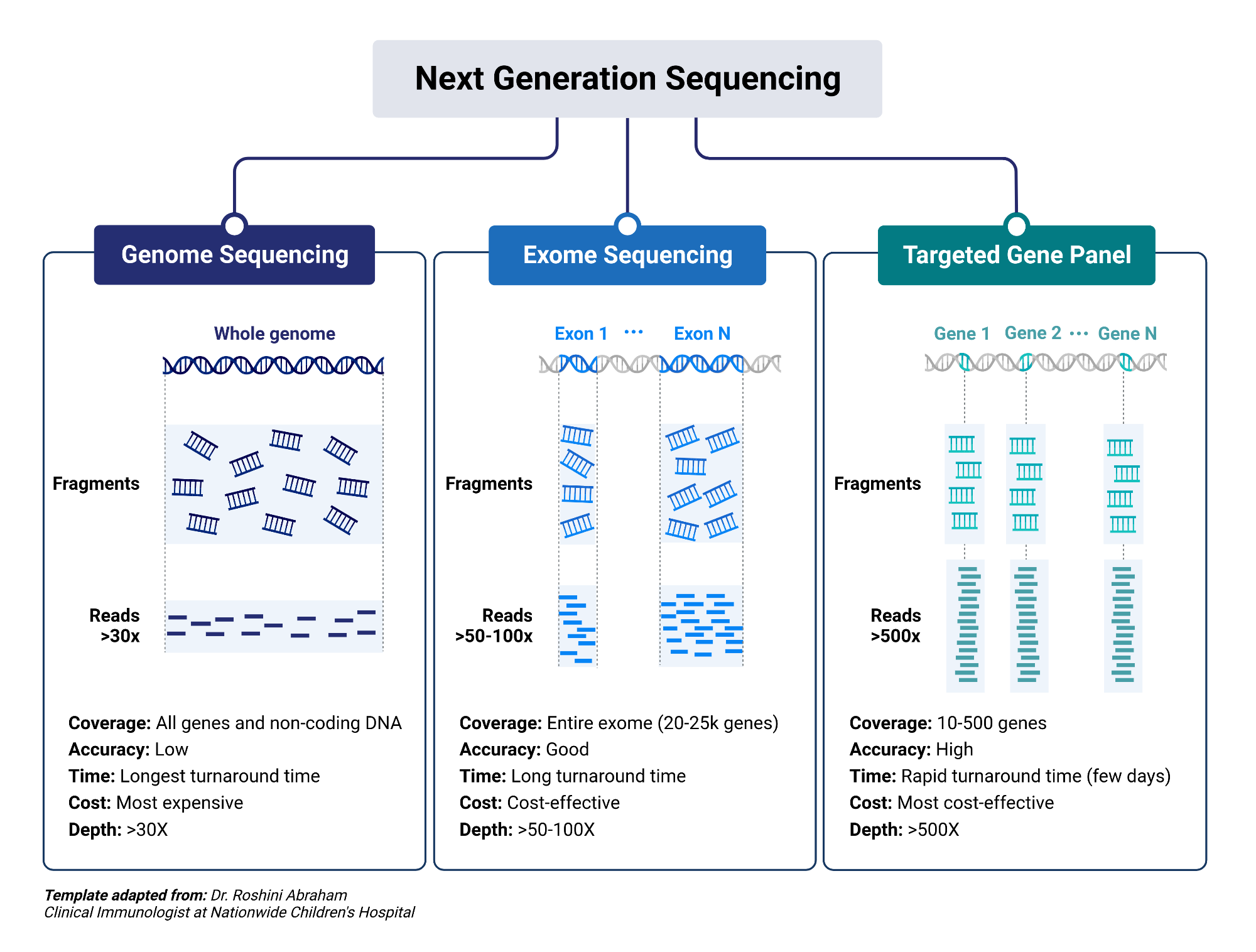NGS DataWorks™
A tool for AI-powered next-gen sequencing data analysis solutions for Oncology, Functional genomics & Disease studies
A tool for flexible, scalable, scientist-friendly analytics
Aganitha’s NGS DataWorks™ has been designed to equip scientists with robust sequencing data analytics, removing technical hurdles that often slow discovery. Our tool serves as a core engine that manages and executes your custom NGS workflows while orchestrating seamless data flow between different steps and downstream applications – all without requiring extensive bioinformatics expertise. Unlike off-the-shelf NGS pipelines that limit your analytical capabilities, NGS DataWorks™ adapts to your needs
Through its scalable pipeline framework, private cloud or HPC deployment options, and expert support for quality control and tailored insights, NGS DataWorks™ helps make NGS data analysis efficient, adaptable, and accessible.
Key Solution Areas
Solution area
NGS solutions for oncology
NGS enables comprehensive genomic profiling of tumors & tumour microenvironment (TME) to identify cancer driving mutations & design targeted treatments and real-time monitoring.
Genome profiling
- Somatic mutation analysis: Identify driver mutations and genomic alterations
- Germline variant detection: Assess hereditary cancer risk factors
- Tumor Mutational Burden (TMB): Build AI/ML models to correlate and quantify mutation load for immunotherapy decisions
Liquid biopsy applications
- Minimal Residual Disease (MRD) detection & ctDNA Analysis: Early cancer detection and monitoring, early detection at the level of molecular recurrence.
- Treatment Response Monitoring: Custom models for assessment of therapeutic efficacy
- Patient Stratification: Match patients to appropriate therapies based on ctDNA profiles.
Solution area
NGS for for disease studies & clinical decision support
Precision medicine with AI-powered genomic analysis and real-time clinical intelligence
NGS Analysis
- Identify likely genetic causes of rare and hereditary conditions
- Prioritize variants based on clinical relevance using machine learning algorithms
- Integrate structural variant (SV) analysis for comprehensive genomic assessment
- Identify biomarkers from transcriptomics data analysis
- Multi-omics analysis
AI powered analytics
- Build models for phenotype correlation, treatment response, risk prediction etc.
Knowledge integration
- Incorporate latest research findings and clinical trial data
- Access continuously updated databases
- Link genomic findings to treatment options and clinical guidelines
- Generate customizable clinical reports with actionable insights
One platform for all your NGS data analysis needs
Explore sample analysis workflows and customize your pipeline with us
Single-cell-transcriptomics
- Processing raw FastQ inputs
- Adapter removal, trimming, and filtering
- Read alignment and count generation
- Extensive QC with customizable parameters
- Post-processing with normalization and dimensionality reduction
- Cell clustering and annotation
- Differential gene expression and enrichment analysis
Bulk RNA sequencing
- Raw data processing and QC
- Gene expression quantification
- Statistical analysis with differential expression
- Network analysis of top hub genes
- Pathway and gene enrichment analysis
- Customizable visualization options
Long-read DNA sequencing
-
Specialized workflows for Oxford Nanopore and PacBio data
-
GxP-compliant platforms for regulatory requirements
-
Demultiplexing and alignment
- Truncation and coverage analysis
- Plasmid validation and contamination detection
- Chimeric read identification
- SNP calling and structural variant detection
- High-resolution genome integrity assessment
Amplicon sequencing
- Tailored for directed evolution and targeted applications:
- High-throughput processing of amplicon libraries
- Advanced error correction algorithms
- Enrichment score computation
- Interactive visualization of variant distributions
- Cross-experiment comparisons
- Sequence-function relationship analysis
Whole genome sequencing
- Detection of SNVs, CNVs, and structural variants
- High-performance computing optimization
- Integration with large reference datasets
- Variant effect prediction
- Support for GWAS/PheWAS analysis
- Proteomic risk scoring and disease stratification
Specialized custom pipelines
- Fusion and truncation analysis
- T-cell receptor (TCR) repertoire profiling
- Epigenetic analysis (ChIP-seq, ATAC-seq, Methyl-seq)
- Cancer multi-omics integration
- Rare disease analysis workflows
- Autoimmune disease-specific pipelines
Technical highlights
Enterprise-grade infrastructure
- Support for major workflow management systems (Nextflow, Cromwell etc)
- Containerized applications
- Scalable compute resources for high-throughput analysis
Advanced Computing Capabilities
- GPU acceleration for compute-intensive AI applications
- Warm start capability for faster iteration
Deployment options
- Private cloud installation (AWS, Azure, GCP)
- On-premises HPC environment integration
Discover our offerings across the biopharma value chain
Our Solutions
Our Services
Offering services in computational sciences and technology to complement biopharma R&D
